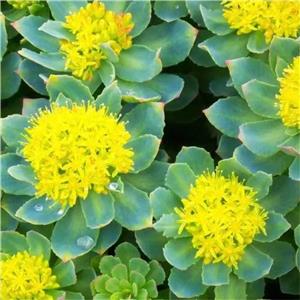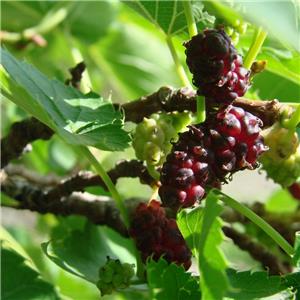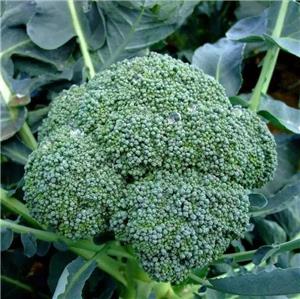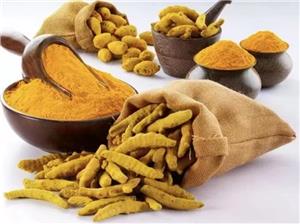-
2911-2021
Nopal Cactus: Benefits and Uses
Nopal cactus, also known as the prickly pear cactus, is found natively in the southwestern regions of the United States and in Mexico. The flat cactus pads can be eaten when the plant is young. When the cactus is older, it’s too tough to eat. Nopal cactus is a common ingredient in foods in some regions of Mexico.
-
0311-2021
Urgent need for vaccine to prevent deadly Group B streptococcus
The global burden of Group B streptococcus is far higher than previously recognized, linked to over half a million preterm births annually, and leading to nearly 100,000 newborn deaths, at least 46,000 stillbirths, and significant long-term disability. Although the bacterium is harmless for most pregnant women who carry it, it can be extremely serious when it passes to babies during pregnancy, childbirth or in the early weeks of life. New vaccines are urgently needed to reduce deaths associated with Group B strep and protect the lives and health of infants around the world.
-
2910-2021
New ACT-Accelerator strategy calls for US$ 23.4 billion international in for COVID-19 vaccines, tests & treatmentsvestment
New ACT-Accelerator strategic plan sets out urgent actions to address crucial gaps in access to COVID-19 tests, treatments, vaccines and personal protective equipment in low- and middle-income countries, using the latest epidemiological, supply and market information.
-
2110-2021
WHO launches women’s health chatbot with messaging on breast cancer
WHO has launched a new interactive chatbot on women’s health. The first set of messages to be included relates to breast cancer, in time for Breast Cancer Awareness Month, observed in October every year.
-
1910-2021
WHO’s 7 policy recommendations on building resilient health systems
COVID-19 has had a wide-ranging impact on all areas of society, leading to setbacks in health gains and efforts to achieve universal health coverage (UHC). The diversion of health system resources to address COVID-19 care led to a protracted disruption of essential health services. New barriers to accessing health care, such as restricted movements, reduced ability to pay and fear of infection, have posed additional and unprecedented challenges in many countries.
-
0707-2021
WHO recommends life-saving interleukin-6 receptor blockers for COVID-19 and urges producers to join efforts to rapidly increase access
The World Health Organization (WHO) has updated its patient care guidelines to include interleukin-6 receptor blockers, a class of medicines that are lifesaving in patients who are severely or critically ill with COVID-19, especially when administered alongside corticosteroids.
-
2506-2021
Directors General of WHO, WIPO and the WTO agree on intensified cooperation in support of access tackle the COVID-19 pandemic
Directors General of WHO, WIPO and the WTO agree on intensified cooperation in support of access tackle the COVID-19 pandemic。
-
0405-2021
WHO and UN Global Pulse are building a social listening radio tool to aid the COVID-19 infodemic response
4 May 2021, Geneva - WHO and UN Global Pulse, the Secretary-General’s digital innovation initiative are embarking today on a new venture to analyse content shared on public radio across the African continent to support infodemic monitoring. Part of the wider infodemic management programme, this collaboration will integrate radio data analysis into monitoring tools to inform the infodemic response by including more voices of vulnerable populations.
-
3004-2021
9 Benefits of Coenzyme Q10 (CoQ10)
Coenzyme Q10, also known as CoQ10, is a compound that helps generate energy in your cells. Your body produces CoQ10 naturally, but its production tends to decrease with age. Fortunately, you can also get CoQ10 through supplements or foods. Health conditions like heart disease, brain disorders, diabetes, and cancer have been linked to low levels of CoQ10 (1Trusted Source). It is not clear whether low levels of CoQ10 cause these diseases or are a result of them. One thing is for certain: plenty of research has revealed CoQ10’s wide range of health benefits. Here is all you need to know about CoQ10.
-
2704-2021
7 Science-Backed Health Benefits of Rhodiola rosea
Rhodiola is an herb that grows in the cold, mountainous regions of Europe and Asia. Its roots are considered adaptogens, meaning they help your body adapt to stress when consumed. Rhodiola is also known as arctic root or golden root, and its scientific name is Rhodiola rosea. Its root contains more than 140 active ingredients, the two most potent of which are rosavin and salidroside. People in Russia and Scandinavian countries have used rhodiola to treat anxiety, fatigue and depression for centuries. Today, it’s widely used as a dietary supplement for its many health benefits. Here are 7 science-based health benefits of Rhodiola rosea.




